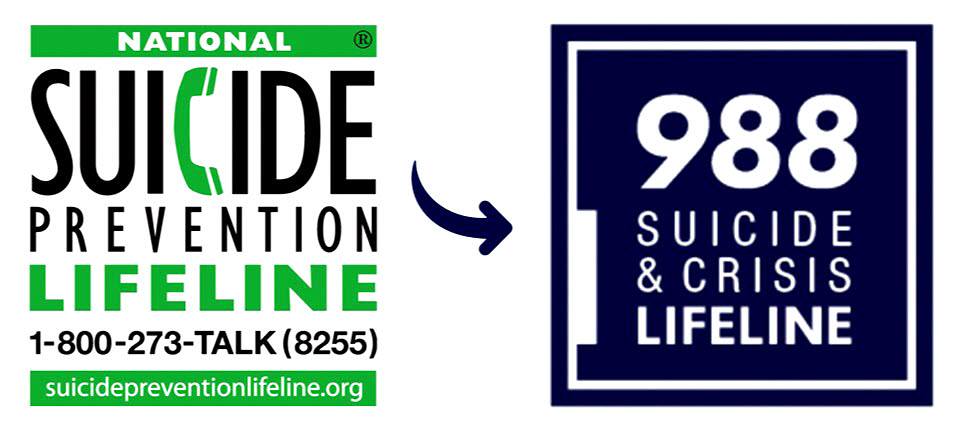#JamesDonaldson notes:
Welcome to the “next chapter” of my life… being a voice and an advocate for #mentalhealthawarenessandsuicideprevention, especially pertaining to our younger generation of students and student-athletes.
Getting men to speak up and reach out for help and assistance is one of my passions. Us men need to not suffer in silence or drown our sorrows in alcohol, hang out at bars and strip joints, or get involved with drug use.
Having gone through a recent bout of #depression and #suicidalthoughts myself, I realize now, that I can make a huge difference in the lives of so many by sharing my story, and by sharing various resources I come across as I work in this space. #http://bit.ly/JamesMentalHealthArticle

#AsianAmerican, #PacificIslander and #multiracial #collegestudents are more likely than #whitestudents to have considered or attempted #suicide despite reporting lower rates of psychiatric diagnosis, a new analysis has found.
The research, published last month in the journal Psychiatric Services, analyzed survey responses from more than 60,000 college students at 108 schools. It found that while #minoritystudents generally reported lower rates of psychiatric diagnoses and symptoms of #mentalillness, there were notable exceptions.
For example, all #minoritystudents had either statistically equal or higher rates of #suicide attempts compared to #whitestudents, depending on the statistical analysis used. And #AsianAmerican and #PacificIslander students were more likely to say they felt #hopeless, so #depressed that it was difficult to function, and overwhelmed by anger, the study said.
“To me, it suggests that there may be a mismatch between the attention #minoritystudents get from #healthcare services and what they may actually be struggling with,” Dr. Justin Chen, a psychiatrist at Harvard Medical School and an author of the study, told NBC News.
The analysis found that 10.4 percent of #AsianAmerican and #PacificIslander students had thought about #suicide compared to 9.5 percent of #whitestudents. Yet while 28.2 percent of #whitestudents said they had received a psychiatric diagnosis, only 13.8 percent of #AsianAmerican and #PacificIslander students said they had.

Researchers wrote that their analysis was consistent with prior research that found that #minoritystudents experienced #depressive symptoms at greater severity than #whitestudents but used #mentalhealth services at lower rates.
#Minoritystudents may also think of and express #mentalhealth symptoms differently from #whitestudents or be reluctant to seek aid, researchers noted.
“Psychiatric illness affects all students, but #students from #minoritygroups appear to be particularly vulnerable to being left behind by mainstream providers of #mentalhealth support,” researchers wrote.

Researchers said that universities could consider putting in place culturally informed #mentalhealth programs to address these issues. Chen referenced AWARE, a project at Boston University targeted at issues faced by #AsianAmericanwomen. The Massachusetts General Hospital’s Center for Cross-Cultural Student Emotional Wellness, which Chen founded, is also developing #mentalhealth programs focused on communication among family members.
“I think we are increasingly realizing that diverse populations have diverse ways of understanding their symptoms or even talking about them,” Chen said. “And, of course, stigma is a major issue in many communities.”
Chen said future research could explore the experiences of #minoritystudents seeking help for their #mentalhealth as well as how attributes like #race, #sexualorientation and #gender interact.

